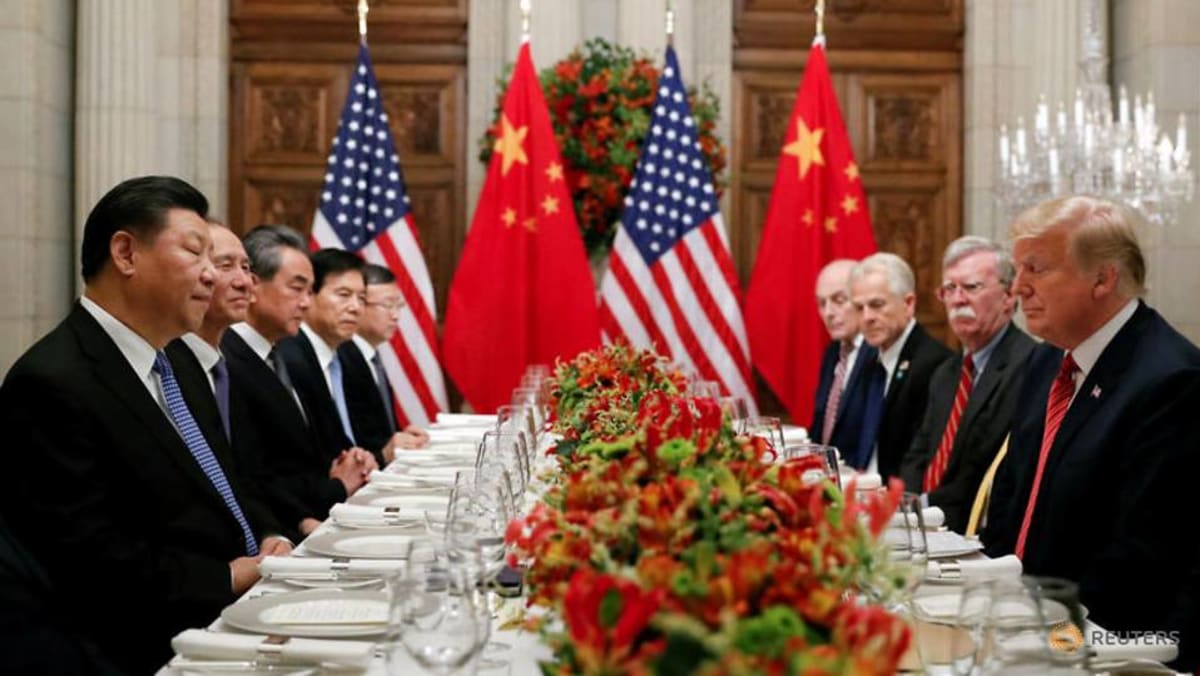CHINA IN A LEAGUE OF ITS OWN
Trump and Biden were not the first US presidents to embrace industrial policy. In 1961, a month after the Soviet Union completed the first manned space flight, John F Kennedy famously set the goal of landing a man on the Moon by the end of the decade, which America did.
And the US Defense Department established the Defense Advanced Research Projects Agency (DARPA) as an internal industrial-policy mechanism to support frontier research that led to transformative technologies, including the internet, semiconductors, nuclear power, advanced materials, and GPS navigation.
China and the US are hardly alone in relying on industrial policy. After World War II, Japan embraced the model of a “plan-rational developmental state.” France embraced indicative planning, and West Germany’s Wirtschaftswunder was fuelled in part by industrial policy aimed at supporting small and medium-sized enterprises.
But the West’s actions, including Japan’s earlier industrial policies, cannot compare to China’s strategic, comprehensive “all-of-government” approach, which is in a league of its own. The Chinese government draws on the country’s surplus domestic savings to target industries of the future, while marshalling the full resources of the NDRC, state-owned enterprises, state-directed banks and state-supported investment funds.
Trump’s transactional interventions not only lack an overarching strategy; their scope will be limited by a US economy that is short on domestic savings, increasingly saddled with big, ugly federal budget deficits. Moreover, amid a full-blown outbreak of Sinophobia, there is strong bipartisan distaste for anything resembling Chinese-style market-based socialism.
For all the talk of America entering a new golden age, Trumponomics will ultimately do little to address long-term US competitiveness. In fact, the administration’s proposed funding cuts for basic research risk squandering US innovation capabilities.
Trump’s approach to governance – which favours policymaking through executive order, rather than legislative means – reflects an authoritarian strain of executive overreach that recalls the chaotic five-year plans of the Mao era. Just as those missteps led to China’s Cultural Revolution, many (including me) have argued that there may be reason to fear comparable turmoil in the US.
Stephen S Roach is a faculty member at Yale University and former chairman of Morgan Stanley Asia. This commentary first appeared on Project Syndicate.
